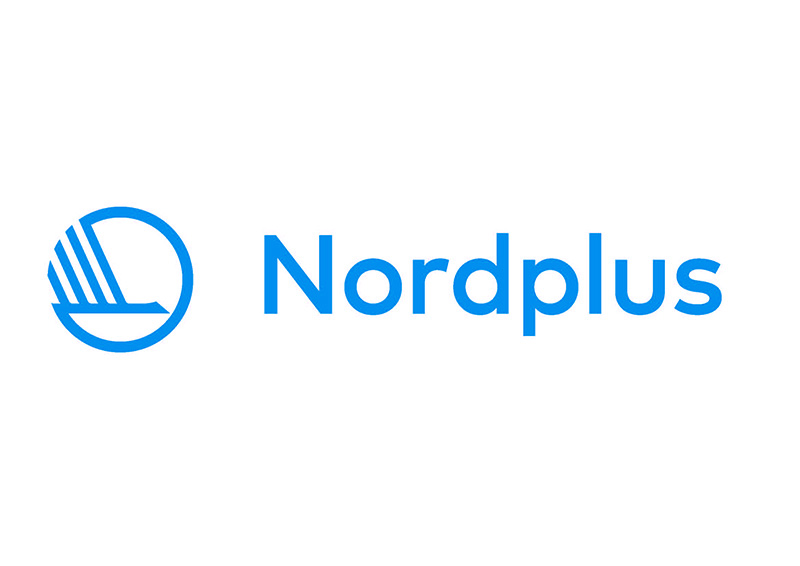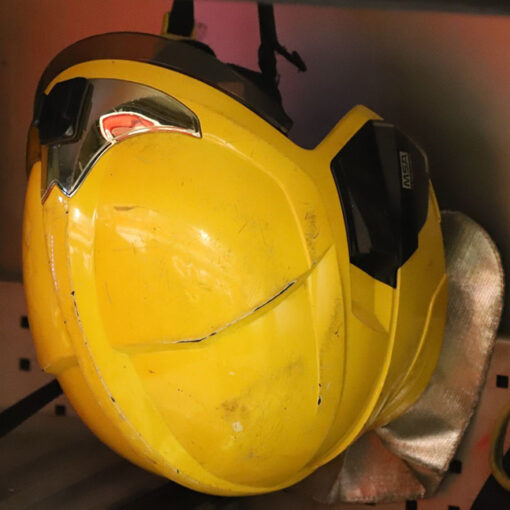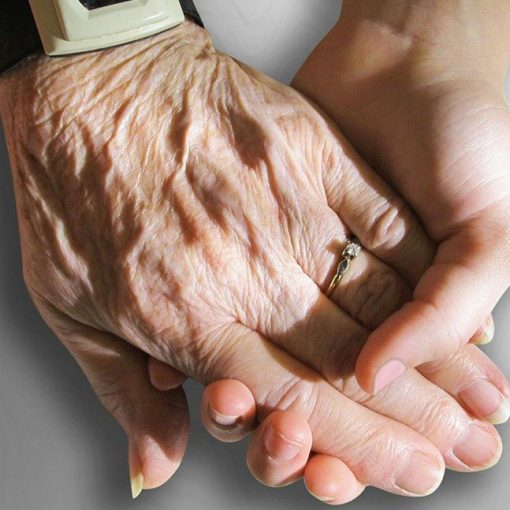The intensive week Norm-Consciousness in Health and Social Care provided an invaluable opportunity to gain insight into norm-consciousness for four social and health care students in Denmark, in June 2024. The participants of the intensive course were able to engage in discussions and idea development in a series of workshops and exercises that challenged our views about norms. Networking with peers provided the chance to develop innovative solutions that could assist communities in need of norm-consciousness awareness and to identify ways in which we could enhance our professional practice in the health and social care sectors.
![[Alt text: four persons sitting around the table, working.]](https://blogit.lab.fi/labfocus/wp-content/uploads/sites/8/2025/02/46_2025_A-norm-critical-approach-to-enhancing-quality-of-care_1-1024x677.jpg)
The identification of social cues and attitudes that shape interactions with clients and the recognition of the need for change to enhance the quality of care provided have been facilitated by the course. The influence of gender norms on the quality of care in healthcare was addressed as one of the subjects in the workshops. Discussions were held on how social norms are reinforced by people in positions of power and how certain roles associated with gender stem from historical, religious, and cultural backgrounds.
It was recognized that gender norms influence the ability of women and men to access resources and limit their freedoms (often unequally), which, in turn, affects their voice, power, and self-identity (Cislaghi & Heise 2020). Transgender and gender diverse individuals are underrepresented in nursing education (Crawford 2024). As health professionals, the need to critically examine personal understandings of norms and strive to separate personal beliefs from professional work was emphasized.
Cultural exchange and knowledge sharing
The exploration of Denmark’s culture was made possible through a series of extracurricular activities organized by students and teachers at University College of Northern Denmark. Knowledge about Danish culture was tested through quiz games, and opportunities to meet the host institution’s student community were created.
In Denmark we participated in various workshops. Some of them might have felt challenging or strange at first, but we discovered that with an open mind and imagination, they turned out to be incredibly rewarding. One workshop was perfectly suited for to use as an example, and it was the card workshop.
In the card workshop, we worked in groups of about three-four people. Our task was to choose five cards from those laid out on the table and use them to share a personal story. The images on the table were puzzling, and initially, no one in our group could pick even one card that seemed to connect their life or anything remotely related. After some hesitation, we started to use our imagination, let go of our preconceptions, and finally, each of us selected our cards. Then we shared our stories between the group members.
The card workshop led to truly amazing and profound discussions about one another, even though we were all strangers. Through our stories, we learned a lot about our own lives, including reasons behind certain events, life crises, skills we had to develop to cope, who we are as people and why, and the list goes on. Through these stories and discussions, we all uncovered new insights that we hadn’t considered before. It was wonderful to see how everyone in the group was genuinely interested in each other’s stories, and we also found many similarities among ourselves. In the end, although the task initially felt odd and difficult, it turned out to be one of the most personally enlightening activities.
![[Alt text: several pictures on a table, pictures are presenting people acting and communicating in different situations.]](https://blogit.lab.fi/labfocus/wp-content/uploads/sites/8/2025/02/46_2025_A-norm-critical-approach-to-enhancing-quality-of-care_2-1024x556.jpg)
Personal growth never ends
In addition to lectures and theory, perhaps the most profoundly educational lessons came during and outside of the workshops and the discussions held during them. We learned to see things from new perspectives, we learned about ourselves and each other, and learned to develop our professional identities even more.
In the social and health care fields, qualities such as empathy, openness, emotional intelligence and ethical awareness are important. All of these have been strengthened during and after the intensive week. Most notably, openness and the awareness that personal growth never ends, and that one can continuously develop themselves.
Authors
Tiia Rannanoja is a 3rd year nursing student at LAB University of Applied Sciences.
Ariana Vlas is a 3rd year paramedic student at LAB University of Applied Sciences.
Anna Romakkaniemi works as a Senior Lecturer at LAB University of Applied Sciences and is a coordinator of Trollnet network, Nordplus.

References
Cislaghi, B. & Heise, L. 2020. Gender norms and social norms: differences, similarities and why they matter in prevention science. Sociology of Health & Illness Vol. 42 (2). Cited 19 Dec 2024. Available at Gender norms and social norms: differences, similarities and why they matter in prevention science – Cislaghi – 2020 – Sociology of Health & Illness – Wiley Online Library
Crawford, J., Brandt, A., Kramer, M., Ristock, J. & Schultz, A. 2024. Gender inclusive and affirming practices across undergraduate nursing curriculum: A scoping review. Nurse Education Today 141, 106320. Cited 31 Jan 2025. Available at doi.org/10.1016/j.nedt.2024.106320




